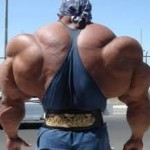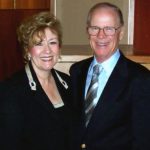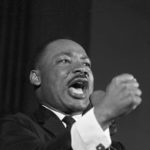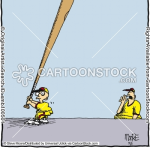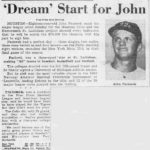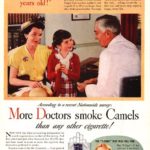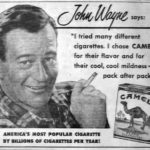“Hero-worshipping” is merely a mortal means of aspiring to something more than individuals are typically capable of achieving as themselves. Those who are actual Heroes (of any sort) usually become such out of moments of desperation whereby they are inspired by an internal force to bring the body’s scattered inherent energies into the focus of “self-determination” to overcome a seemingly insurmountable obstacle to their maximum intent. 

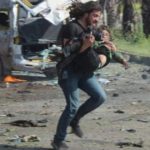
As in Bonnie Tyler’s limited mortal plea for solace, her song reveals:
Late at night I toss and I turn
And I dream of what I need
I need a hero
I’m holding out for a hero ’til the end of the night
Then she says:
She’s gotta be strong
And she’s gotta be fast
And she’s gotta know Right from the Wrong…
I’m holding out for a hero ’til the morning light
She’s gotta be sure
And it’s gonna be soon
And She’s gotta be larger than life!
Those ingenious creators of imaginary heroes of Song, T V, Movie, and Comic-Book fame have captured the essence of the “virtual-reality” their imaginative thinking have presented to them in their dreams. And their artistic talent has projected the exaggerated images of characters for whom they might have aspired to become in “Physical-Reality”!
Super-Heroes have been depicted in Comic-Books for years. 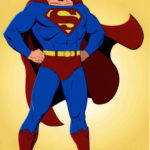 Superman and Marvel Comics
Superman and Marvel Comics 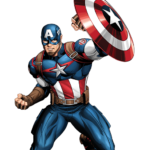 have captured popular appeal as means of escaping the mundane portrayal of ordinary semi-impotent Lives of stagnant complacency. And modern technological advancement has enhanced the product of “special-effects” to a point of close-proximity to the virtual-reality of dreams.
have captured popular appeal as means of escaping the mundane portrayal of ordinary semi-impotent Lives of stagnant complacency. And modern technological advancement has enhanced the product of “special-effects” to a point of close-proximity to the virtual-reality of dreams.
Songs, Comic Books and exaggerated depictions of Science Fiction Movies don’t appeal much to my taste unless they include a mental, metaphysical component that provides relevancy to the prospect of an underlying, unseen cause to every effect.
Intelligent, practical minds have concluded the impracticality of placing faith in the recent onslaught of promises from “virtual-reality.” But, if new and higher aspirations arise from the ashes of the false hopes in Matter’s ethereal insubstantiality to the spiritual dimension of Heaven’s Vibrational Reality, then the product manifested in Earth’s physical reality can be more practically and consistently applied.
Mariah Carey’s song by Enrique Iglesias fashions a greater sense a “true-hero”: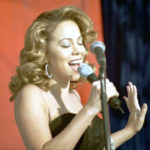
There’s a hero
If you look inside your heart 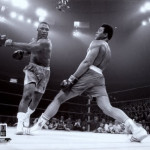
You don’t have to be afraid…
If you reach into your soul
And the sorrow that you know 
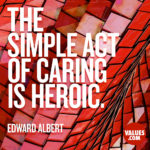
Will melt away
And then a hero comes along
With the strength to carry on 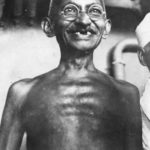
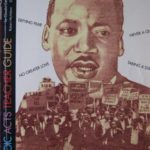
And you cast your fears aside
And you know you can survive
So when you feel like hope is gone
Look inside you and be strong 

And you’ll finally see the truth
That a hero lies in you. 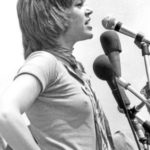

Real-life heroes in Citizenship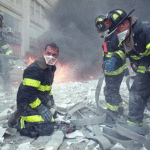 , Science
, Science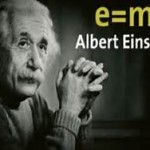 , Art&Cinema
, Art&Cinema , Medicine
, Medicine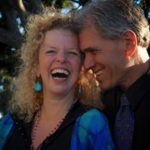 , Technology
, Technology , Business
, Business , Sports
, Sports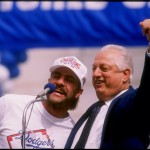 , and Government
, and Government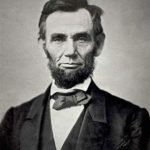 are those whose examples of success depict more than superficial material temporal personal-gain but divulge the underlying pre-eminent cause that would be the inspiration for all who would aspire to emulate the highest standard for Achievement. Movies and Books sometimes (but often inaccurately) portray individuals as instantaneous heroes who at precise moments in Time disregard circumstance and act instinctively while responding to critical situations with uncommon valor or unperturbed confidence.
are those whose examples of success depict more than superficial material temporal personal-gain but divulge the underlying pre-eminent cause that would be the inspiration for all who would aspire to emulate the highest standard for Achievement. Movies and Books sometimes (but often inaccurately) portray individuals as instantaneous heroes who at precise moments in Time disregard circumstance and act instinctively while responding to critical situations with uncommon valor or unperturbed confidence.
From where does the power come in those brief instances, and why does it seem more infrequent than anyone would desire or expect? On my website, www.johnpaciorek.com and in my latest Book, If I Knew Then What I Know Now, I often refer to Principle and abiding within its infinite parameters as the bases for “ultimate-success” in Sports as well as other fields of endeavor.
On my website, the title of which is, Paciorek’s Principle of Perfect Practice – Simplicity, I’ve written almost 200 essays elaborating on many aspects comprising the Game of Baseball, while breaking down the fundamental mechanics that would facilitate the Perfect practice to insure the proper application of Principle to a baseball player’s batting, throwing, and fielding of a baseball. The Book afore-mentioned is the third of a series that began with 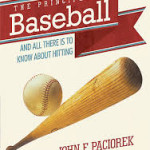 The Principle of Baseball: And All There is to Know about Hitting. The second is entitled, Plato and Socrates: Baseball’s Wisest Fans (Unpublished)
The Principle of Baseball: And All There is to Know about Hitting. The second is entitled, Plato and Socrates: Baseball’s Wisest Fans (Unpublished)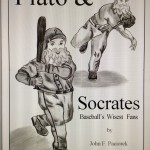 .
.
Since the first two Books were more on a level of the Work-Book variety, I later realized that its boring “instructional” format and its minute descriptions of the intricate mechanically precise detail would not hold the interest of those who were not sincerely intent on improving their skills to the highest level of proficiency. Even one prominent Big-League player to whom I offered my particular-service found it difficult to accept the valid points I brought out to his agent who agreed and attempted to persuade him of the veracity thereof.
I thought that Shawn Green, whom I felt had enormous potential to be the next Ted Williams, was an outstanding baseball player. He was tall, sleek, and a powerful hitter because of the speed at which he swung a bat. (He was similar in physical dimensions and potential to former Dodger “Phenom” Cory Bellinger.) In the letter I sent to him via his agent, Jeff Moorad, I explained why he was having difficulty hitting the inside fastball and/or keeping it fair. He responded kindly, as the gentleman he was, but said he was intent on retaining the batting stance that he felt was instrumental in getting him to the Big-Leagues. 
What Shawn and many lesser-skilled batters do not understand is that if they do not measure their success by the Principle of Perfect Bats-man-ship but prefer rather to express their natural, phenomenal artistic talent, they will soon find that the youthful vigor upon which they relied heavily to display their physical prowess with acute flexibility and quick reflexes will eventually diminish and inexplicable futility will abound.
Baseball is a complex game, whose primary component of “hitting a baseball” effectively is the most difficult thing to do in all of Sport.That is why I decided to write my third Book as a Novel. Perhaps, I thought, if I presented the essential ingredients for Baseball Batting Prowess in a format that would relax the reader into a mesmeric state of following the simple-life of a recognizable 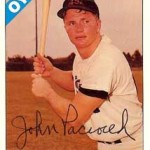 “One-day Wonder” from birth
“One-day Wonder” from birth 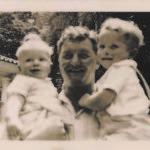 to a 17 year old adult
to a 17 year old adult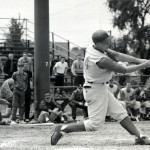 , the tantalizing experiences of youth might captivate a sports-oriented audience and elicit from readers who would aspire to “greatness”
, the tantalizing experiences of youth might captivate a sports-oriented audience and elicit from readers who would aspire to “greatness” 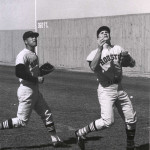 the motivation to “go and do likewise.”
the motivation to “go and do likewise.”
(An excerpt from the final chapter of my Book comments on Greatness:
As I pondered the ramifications of greatness, I remembered Socrates reading a short essay by J. F. P. It read as follows:
Greatness is a humanly exaggerated or a spiritually magnified sense of being. To be extolled with greatness, one must step up above one’s peers, beyond the casualness of conformity, into the altitude of “Uniqueness,” wherein the atmosphere of Soul the inspiration of life a lesser man cannot inhale. The greatest man that ever walked the earth was once asked by his disciples, “Who is the greatest among us?” At one time, he told them that “. . . of a man born of a woman, none was greater than John the Baptist. Albeit, he that is least in the kingdom of heaven is greater than he.” Later, he answered by taking a little child and placing him/her in their midst and saying, “. . . of such is the kingdom of heaven. He who would be greatest among you, let him humble himself and become as a little child.”)
The Book was meant to occupy the literary genre of Auto-Biographical Fiction, which means it is mostly a true story. But the author would have the reader presume, from the authentic continuum of sequential facts of historical significance, that all of the story could be true, if some notoriously implausible displays of athletic prowess were indeed possible. Thus, the author’s literary license to embellish the protagonist’s character with what could be referred to as a “Super-Human” Caricature – but only after my “Super-Hero” explored and discovered the functionable Principle and the Absolute means for impeccably applying IT! The reader should think – It would be nice if “this is possible”!
After not receiving the critical acclaim nor the Bookstore receipts that I expected for what I personally felt was a masterpiece not only in Baseball literary history, but also from the standpoint of accomplished Literature, I initially surmised that the only mistake I made in writing this Novel was that it took 415 pages to complete it. Then I realized that this Story could not have been told Perfectly without every word that embraced its content!
Even though the beginning chapters may have been of keen interest to the readers who were family and friends, the daunting task of proceeding through another 300 more pages to the concluding “Post-Script,“ when time may have been of the essence, might have dissuaded many from reconnecting to the adventure – especially those who might have found repugnant the author’s penchant for acquiescing to a newly discovered metaphysical disposition.
But, if the readers were reluctant or reticent in following the continuum of an evolutionary chain of physical and mental development of character or skipped ahead to chapters involving sports action more to their liking, they would not have totally understood how a mere mortal was transformed beyond “Super-star” status. The Process was integral!
Also, the fact that the Publisher over-priced the Book at $56.00 was probably a deterrent to those who might ordinarily be interested in what the Cover had displayed as a high prospect of content but were unwilling to spend exorbitantly on a relatively “unknown-author”!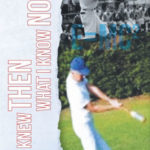 It will probably take the input from a prominent and famous person whose providential “guiding-angel” leads him to the opportunity to purview the contents of a book that will immediately register its validity as a worthwhile project to be enhanced to even greater heights of glory than originally presumed possible.
It will probably take the input from a prominent and famous person whose providential “guiding-angel” leads him to the opportunity to purview the contents of a book that will immediately register its validity as a worthwhile project to be enhanced to even greater heights of glory than originally presumed possible.
The initial and ultimate purpose of all three of my Books is to inform all “prospects” in pursuance of success in playing baseball that there is a Principle of which Its “simple-applications” will enhance individual skills to points corresponding to each person’s determination to excel. My third Book, as a Novel, illustrates the evolutionary passage from innocent but naïve childhood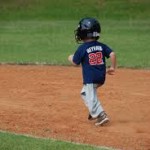 through painstaking mortal
through painstaking mortal 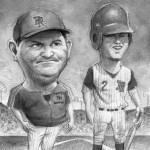 aspirations to the ultimate heroic-heights of Baseball and Athletic Glory
aspirations to the ultimate heroic-heights of Baseball and Athletic Glory 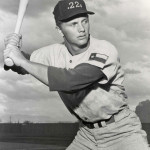 via the Practice of Principle. The Book is tailor-made to become a Movie somewhat after the fashion of Marvel – Enterprises but giving audiences more hopeful ambitions to exceed mere affectations of “virtual-reality” for the concrete and tangible prospects of “Vibrational-Reality transcending to “Physical-Reality”! – Everyone could be his own Hero! As Mariah would conclude:
via the Practice of Principle. The Book is tailor-made to become a Movie somewhat after the fashion of Marvel – Enterprises but giving audiences more hopeful ambitions to exceed mere affectations of “virtual-reality” for the concrete and tangible prospects of “Vibrational-Reality transcending to “Physical-Reality”! – Everyone could be his own Hero! As Mariah would conclude:
Lord knows
Dreams are hard to follow
But don’t let anyone
Tear them away
Hold on
There will be tomorrow
And then a hero comes along
And you’ll finally see the truth
That a hero lies in Me! 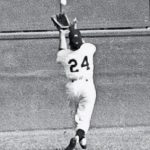
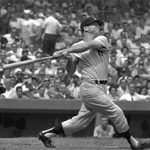

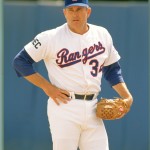
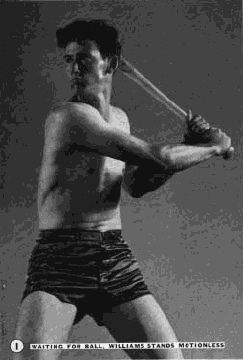
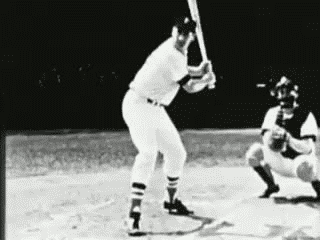

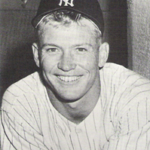
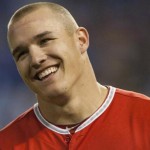
Next: Continuation of my Book – Chapter 8 – Respite and Re-Evaluation!
